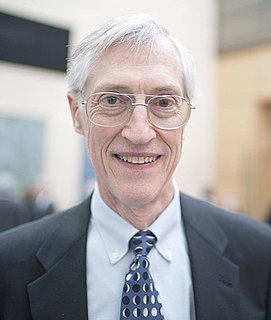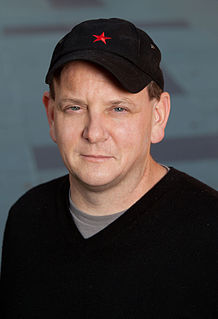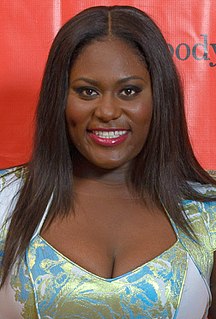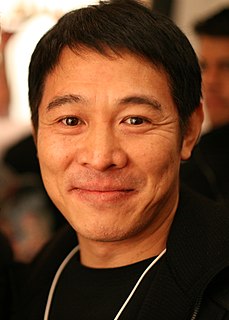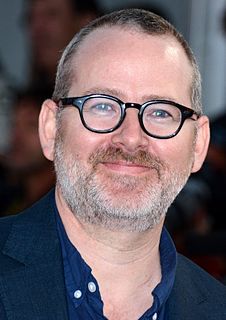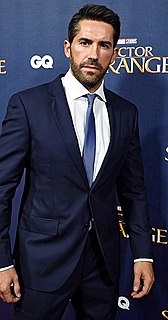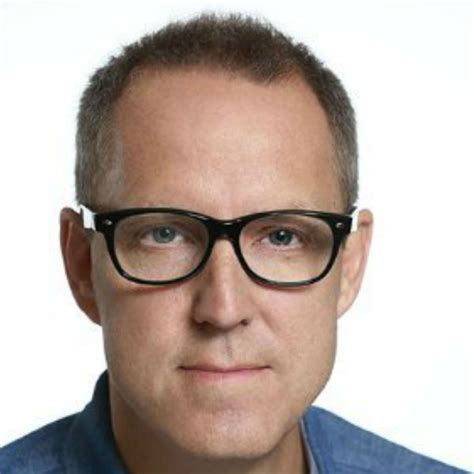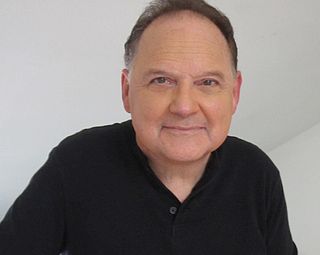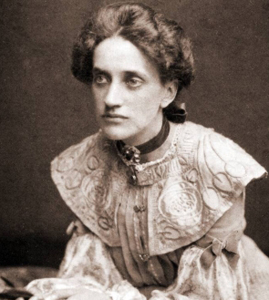Top 1200 Arts And Humanities Quotes & Sayings
Explore popular Arts And Humanities quotes.
Last updated on April 14, 2025.
The arts and humanities define who we are as a people. That is their power -- to remind us of what we each have to offer, and what we all have in common. To help us understand our history and imagine our future. To give us hope in the moments of struggle and to bring us together when nothing else will.
After the rigged Iranian presidential elections in 2009, the Islamic regime attacked the 'humanities' as the main source of protests, the most effective tool used by the West, especially America, to corrupt and incite Iranian youth, and finally closed down all the Humanities departments in Iran's universities.
Everything is humanities. The sciences are a form of the humanities. They involve traditions of inquiry; they involve social engagement with ideas. They do not happen with a naked brain going out and encountering a nonhuman world. And the better we understand ourselves, the better we can do science, as well. So I don't see them - the sciences and the humanities - as being at all different.
We are lucky in the United States to have our liberal arts system. In most countries, if you go to university, you have to decide for all English literature or no literature, all philosophy or no philosophy. But we have a system that is one part general education and one part specialization. If your parents say you've got to major in computer science, you can do that. But you can also take general education courses in the humanities, and usually you have to.
I think we've lost the idea that politicians are part of the humanities. And we think of them as part of a natural science tradition, and we don't expect them to have the contact with literature, with history, with the richness of descriptive language that the humanities have always stood for. And I think that's a great loss.
One of the things that is nice about these old pastors - they were young at the time - who went into the Middle West is that they were real humanists. They were often linguists, for example, and the schools that they established were then, as they are now, real liberal arts colleges where people studied the humanities in a very broad sense. I think that should be reflected in his mind; appropriately, it is.
Miles and I had been looking to do a martial arts show for some time. Our first two movies that we wrote were "Lethal Weapon 4" and "Shanghai Noon" with Jackie Chan. Then we sort of got pulled into the superhero world, but then you look around at what's not on television and there wasn't really a martial arts shows. There are shows that do martial arts to a degree, but there's not a martial arts show.
The relationship between science and the humanities is two-way. Science changes our view of the world and our place in it. In the other direction, the humanities provide the store of ideas and images and language available to us in understanding the world. The exploding star of A.D. 1054, the Crab Nebula, was sighted and documented by the Chinese, but nowhere mentioned in the West, where the Aristotelian notion of the immortality of stars still held sway. We often do not see what we do not expect to see.
Social science and humanities ... have a mutual contempt for one another, the former looking down on the latter as unscientific, the latter regarding the former as philistine. ... The difference comes down to the fact that social science really wants to be predictive, meaning that man is predictable, while the humanities say that he is not.
I loved everything. I loved sciences and I loved humanities. But ultimately, I felt that in the humanities, you know, you're writing about things that already exist. But in the sciences, you're discovering things that no one has known before. Ultimately I chose psychology because it seemed to combine science with things that I liked to think about.
We need to eliminate the existing hierarchy of subjects. Elevating some disciplines over others only reinforces outmoded assumptions of industrialism and offends the principle of diversity. The arts, sciences, humanities, physical education, languages and maths all have equal and central contributions to make to a student's education.
I majored in drama and theater arts at Columbia and was always in acting studio, but that was a liberal arts degree, not a bachelor of arts degree, so I didn't have a traditional conservatory training. There was a lot of reading and a lot of writing involved, and only about 30 percent of my classes were directly theater-related.
What use could the humanities be in a digital age? University students focusing on the humanities may end up, at least in their parents' nightmares, as dog-walkers for those majoring in computer science. But, for me, the humanities are not only relevant but also give us a toolbox to think seriously about ourselves and the world.
The arts are not a frill. The arts are a response to our individuality and our nature, and help to shape our identity. What is there that can transcend deep difference and stubborn divisions? The arts. They have a wonderful universality. Art has the potential to unify. It can speak in many languages without a translator. The arts do not discriminate. The arts lift us up.
Sloppy language and sloppy ways go together. Those who are truly educated have learned more than the sciences, the humanities, law, engineering, and the arts. They carry with them a certain polish that marks them as loving the better qualities of life, a culture that adds luster to the mundane world of which they are apart, a patina that puts a quiet glow on what otherwise might be base metal.
As for types like my own, obscurely motivated by the conviction that our existence was worthless if we didn't make a turning point of it, we were assigned to the humanities, to poetry, philosophy, painting - the nursery games of humankind, which had to be left behind when the age of science began. The humanities would be called upon to choose a wallpaper for the crypt, as the end drew near.
What is Camille Paglia doing, writing that an actress as gifted as Anne Heche has the mental depth of a pancake? How many pancake brains could do what Heche did with David Mamet's dialogue in Wag the Dog? No doubt Heche has been stuck with a few bad gigs, but Paglia, of all people, must be well aware that being an actress is not the same safe ride as being the tenured university professor of humanities and media studies at the University of the Arts in Philadelphia.
Long before being nerdy was cool, there was Leonard Nimoy. Leonard was a lifelong lover of the arts and humanities, a supporter of the sciences, generous with his talent and his time. And of course, Leonard was Spock. Cool, logical, big-eared and level-headed, the center of Star Trek’s optimistic, inclusive vision of humanity’s future. I loved Spock.
The rapidly evolving global economy demands a dynamic and creative workforce. The arts and its related businesses are responsible for billions of dollars in cultural exports for this country. It is imperative that we continue to support the arts and arts education both on the national and local levels. The strength of every democracy is measured by its commitment to the arts.
Dancing and building are the two primary and essential arts. The art of dancing stands at the source of all the arts that expressthemselves first in the human person. The art of building, or architecture, is the beginning of all the arts that lie outside the person; and in the end they unite. Music, acting, poetry proceed in the one mighty stream; sculpture, painting, all the arts of design, in the other. There is no primary art outside these two arts, for their origin is far earlier than man himself; and dancing came first.
Throughout history, the arts and humanities have helped men and women around the globe grapple with the most challenging questions and come to know the most basic truths. In our increasingly interconnected world, the arts play an important role in both shaping the character that defines us and reminding us of our shared humanity. This month, we celebrate our Nation's arts and humanities, and we recommit to ensuring all Americans can access and experience them.
I think one of the great things behind game theory, or game development, especially in education now, apropos, digital and new media, is finding a better, easier, more intuitive way to learn that takes that away from the drudge and the structured work part and puts it into the reflective, "I'm alive, I'm a human being, I'm not working right now," part. And I think that I would like to see music and arts and humanities become more able to even the color spectrum of the fan of activities.




